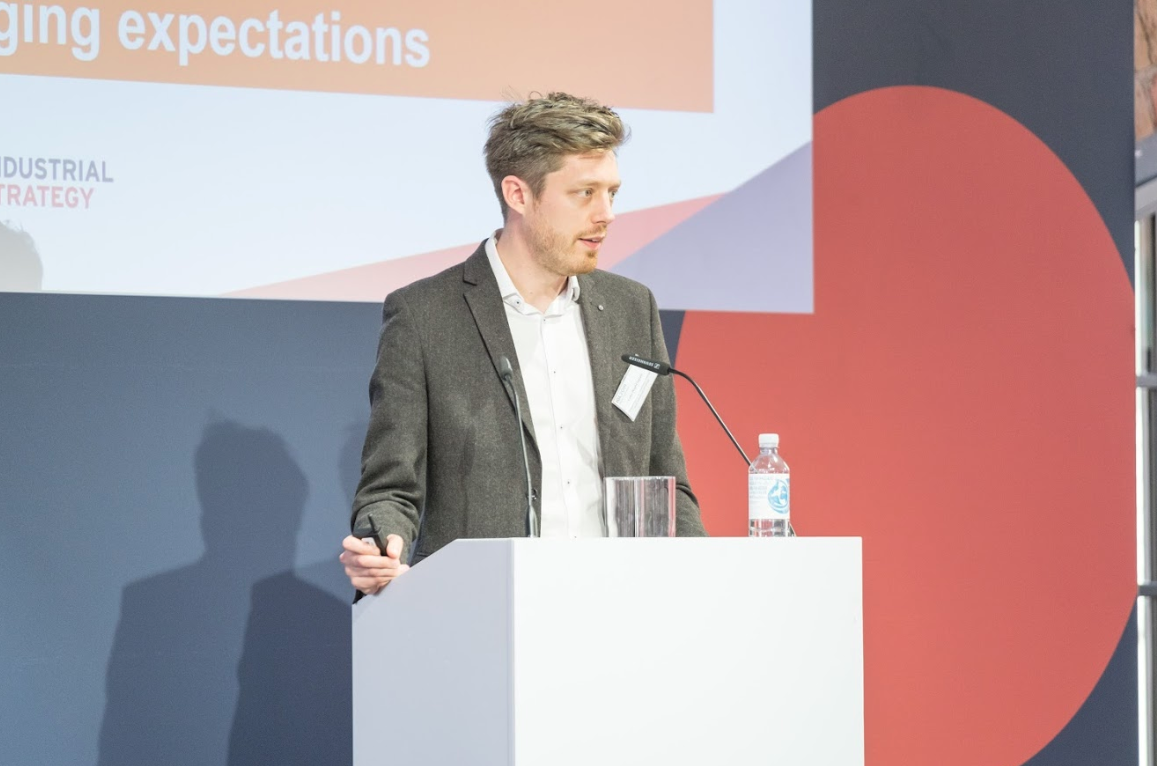
Blog
Putting policy experimentation into action at IGL2019
13 June 2019
By now you should have gathered that at IGL we believe innovation, entrepreneurship and business growth policy would benefit from being more experimental. It will also therefore not be a surprise that this is a common theme at IGL conferences, with sessions each year showcasing policy relevant experiments and workshops that build awareness and knowledge of experimental approaches.
Having attended the IGL conference since 2016, I’ve sensed a growing acceptance of the rationale for experimenting. Pure scepticism about the very use of Randomised Controlled Trials is being replaced with more practical concerns about when and how this approach can be applied.
So what does it take to put this approach into action? What barriers are you likely to encounter? And how can these be overcome?
To help answer these questions at IGL2019, we put some of the IGL Partners on stage to talk about how and why they have put an experimental approach into action.
During the Global Conference, Rannia Leontaridi gave a great overview of the UK Department of Business, Energy and Industrial Strategy’s approach to boosting productivity, including the launch of the Business Basics Programme. In previous blogs we have discussed why we are so excited by the launch of a dedicated fund to support policy experiments.
For the Public Policy and Learning Lab we had star appearances by Harald Hochreiter (FFG) and Luke Nightingale (BEIS) in a session on putting policy experimentation into action.
Harald outlined the steps that FFG had gone through to become more experimental: taking them from experimentation novices to one of the leading proponents in Europe, although he put it much more modestly than that.
Harald closed his presentation with the key learnings he had taken from his journey so far:
- Have some knowledge/expertise on RCTs in your team/organisation
- Integrate external expert knowledge early on
- Start small (even if you have political backing)
- Refer to respected “authorities” and good practices
- Compromise (if necessary)
- Experiment!
Luke replaced Harald at the podium to talk delegates through the launch of the Business Basics Programme. Through the funding element of this programme, BEIS are identifying novel policy solutions and then testing these to find the most effective, scalable interventions which encourage SMEs to adopt existing productivity-boosting technology and management practices.
It is still early days for the programme, but Luke highlighted the lessons he had learnt so far as a policymaker delivering a new experimental programme.
The first has been that some things had been easier than had been expected. In particular the level of interest, with over 330 applications received in the first two rounds. However, there have also been challenges including:
- Communicating the nature of the programme (eg. they want to test how to encourage adoption of existing technologies and not develop new technological solutions for SMEs)
- Working to tight deadlines – BEIS have set a demanding timetable for both themselves and project teams
- Ensuring trials remain robust and focused on the overall goals.
Luke’s top tips for policymakers looking to be experimental were:
These echoed many of the points made by Harald, but with neither of the two warning policymakers not to do it! Although, the cynics out there may worry about the selection bias in who we invited on stage 🙂
Going forward we hope to share more details of both BEIS and FFG’s application of policy experimentation and their findings.
With the help of the IGL Partners we have been able to assemble a number of open access resources that we hope will help anyone interested in becoming more experimental. Our updated Trials Database can provide the inspiration for new ideas that could be tested, listing trials from across the world relevant to innovation, entrepreneurship and business growth policy. We also have our online Experimentation Toolkit and RCT guide that provides a step-by-step explanation on how to do trials in this policy space.
We would also be happy to hear from any policymakers wanting to discuss if and how they could become experimental ([email protected]).
